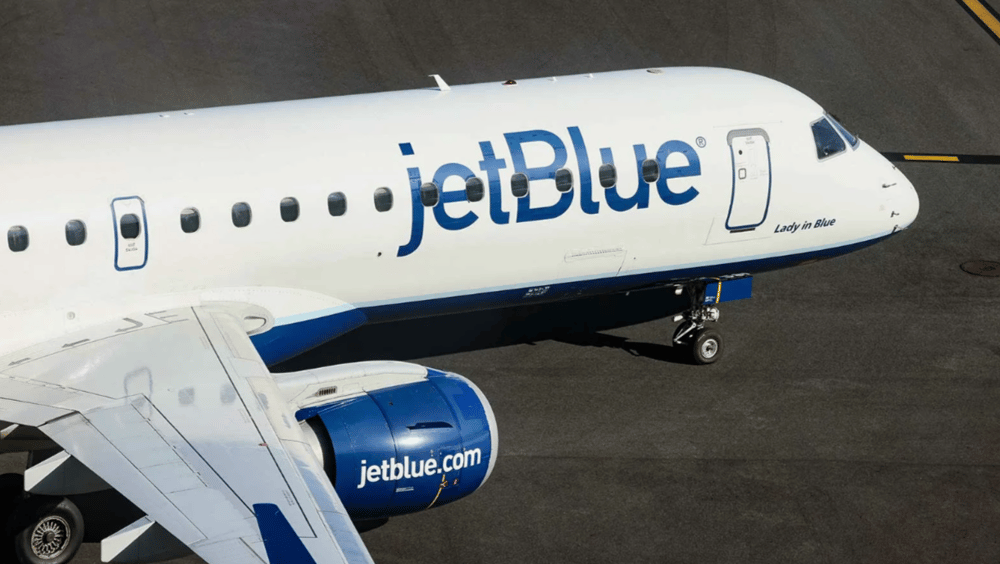JetBlue Airways Retreats from 2025 Forecast Amid Trade-Driven Market Volatility
JetBlue Airways Corp. $JBLU has retracted its financial forecast for 2025, citing rising macroeconomic uncertainty tied to a renewed wave of trade tensions initiated by former President Donald Trump’s aggressive tariff policies. The low-cost carrier, once optimistic about sustained travel demand and pricing stability, is now navigating a drastically altered global environment that could reshape the airline industry’s near-term prospects.
The company's announcement marks a sharp pivot from recent months, when strong passenger volumes and favorable fare trends suggested a steady post-pandemic recovery. However, growing concerns over a potential recession and deteriorating global trade conditions have clouded visibility across the aviation sector.
A Storm Brewing in the Skies
JetBlue’s withdrawal of long-term guidance signals broader industry unease. With supply chains tightening, consumer confidence fluctuating, and fuel prices remaining unpredictable, the foundations of travel demand are now more fragile than previously projected.
JetBlue’s current outlook is being shaped by several disruptive factors:
Trade War Escalation The reimplementation of tariffs under Trump-era policy frameworks has triggered retaliatory moves from key trade partners, raising the cost of goods and dampening consumer sentiment.
Global Economic Slowdown Economists have raised the probability of a global recession as cross-border commerce decelerates, which could hit discretionary spending—including travel.
Currency Volatility Fluctuating exchange rates, particularly in emerging markets, threaten to reduce international travel flows and affect JetBlue’s Caribbean and Latin American routes.
Fuel Price Uncertainty Jet fuel remains a major cost component. Rising geopolitical risk has made fuel prices more difficult to forecast, adding pressure to cost structures.
Shifting Demand Dynamics After a post-pandemic surge in bookings, demand elasticity is reasserting itself. Consumers are becoming more price-sensitive amid inflationary pressures.

Ground Realities and Strategic Implications
Paused Expansion Initiatives: JetBlue may slow fleet growth or defer new route launches, especially in volatile markets.
Operational Recalibration: Cost efficiency and capacity discipline are likely to become central themes for the airline's mid-term strategy.
Competitive Pressures: With larger carriers better able to absorb shocks, low-cost airlines like JetBlue may face disproportionate risk.
Investor Sentiment Shift: The market is already reacting to the increased uncertainty with heightened scrutiny of airline profitability and cash flow resilience.
Navigating Headwinds Without a Map
While JetBlue has not abandoned its long-term growth ambitions, its decision to pull forward guidance reflects a prudent recalibration. The airline’s strategic agility will be tested in the coming quarters as it balances cost control with the need to maintain competitive market presence. Amid external pressures, JetBlue's next moves will be watched closely across the sector, especially as policy-driven shocks continue to reshape global economic conditions.















Comments